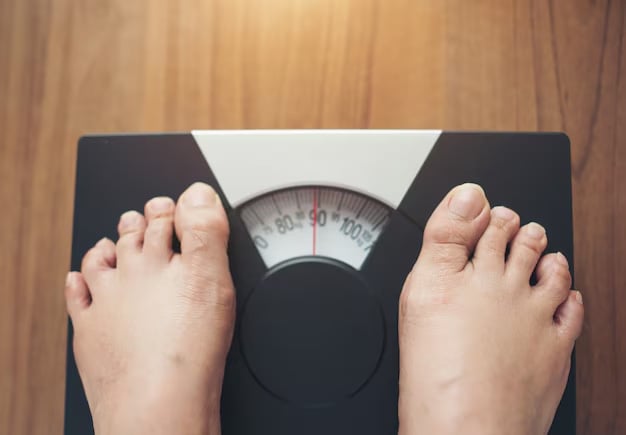If you’re trying to lose weight, you may want to weigh yourself every day to track your progress. Weighing yourself every day can help keep you on track, but it can also lead to obsessive thinking.

A healthy weight loss plan will depend a lot on your mindset and goals - Photo: FREEPIK
So how do you find a healthy balance? Should you weigh yourself daily or once a week? In the evening or in the morning? With shoes or without shoes?
How often should I weigh myself?
According to Media Feed, the answer isn't as simple as you might think. A healthy weight loss plan will depend a lot on your mindset and goals.
Some people find that stepping on the scale each morning helps motivate them to stick to their diet for the day. For others, the negative effects of daily weighing may outweigh the benefits.
When trying to lose weight, there is no one-size-fits-all answer to how often you should weigh yourself, as it depends on your weight loss goals, your mental health status, and recommendations from your doctor or health professional.
Regardless of how often you weigh yourself, keeping track of your weight can be beneficial when trying to monitor your weight loss progress. Stepping on the scale can help you assess whether you need to make any adjustments to your diet or exercise routine.
A study by the American Heart Association found that people who weighed themselves regularly tended to lose weight steadily over a year. Other studies have also shown that regular weighing is a useful tool in weight control.
However, it can also be frustrating to weigh yourself every day, as weight can fluctuate due to many factors. In fact, an adult's weight can fluctuate by 1-2kg in a few days.
When you weigh yourself each day, remember that the number on the scale doesn't accurately reflect what you did the day before. Water weight and other factors can cause your weight to fluctuate, making you appear to have gained or lost weight in an unrealistic way.
When is the best time to weigh yourself?
In addition to how often to weigh yourself, there is also the question of when is the best, and worst, time to weigh yourself.
Your weight can fluctuate throughout the day due to many factors, such as whether you just had a protein-rich meal or exercised. It's important to be consistent when weighing yourself.
The easiest time to maintain consistency is usually in the morning, right after waking up and before starting the day's activities.
While weighing yourself is a simple way to track your weight loss progress, it's not the only, nor is it necessarily the most accurate way to measure health.
As mentioned, weight can fluctuate from day to day or week to week due to many factors, including changes in body composition. Since muscle weighs more than fat, if you exercise regularly — even if it's just walking more — you may be gaining muscle.
Increasing muscle mass benefits your health in many ways, from boosting your metabolism to improving bone density.
You can also track your weight loss and overall health by measuring your blood pressure. Being overweight can increase your risk of high blood pressure, which can lead to heart disease, stroke, and diabetes. Blood pressure is also an important indicator of your overall health.
 Lose weight by eating more starch instead of meat?
Lose weight by eating more starch instead of meat?Source: https://tuoitre.vn/bao-lau-va-khi-nao-chung-ta-nen-kiem-tra-can-nang-20250209091032355.htm






































































































Comment (0)